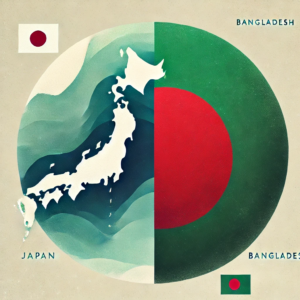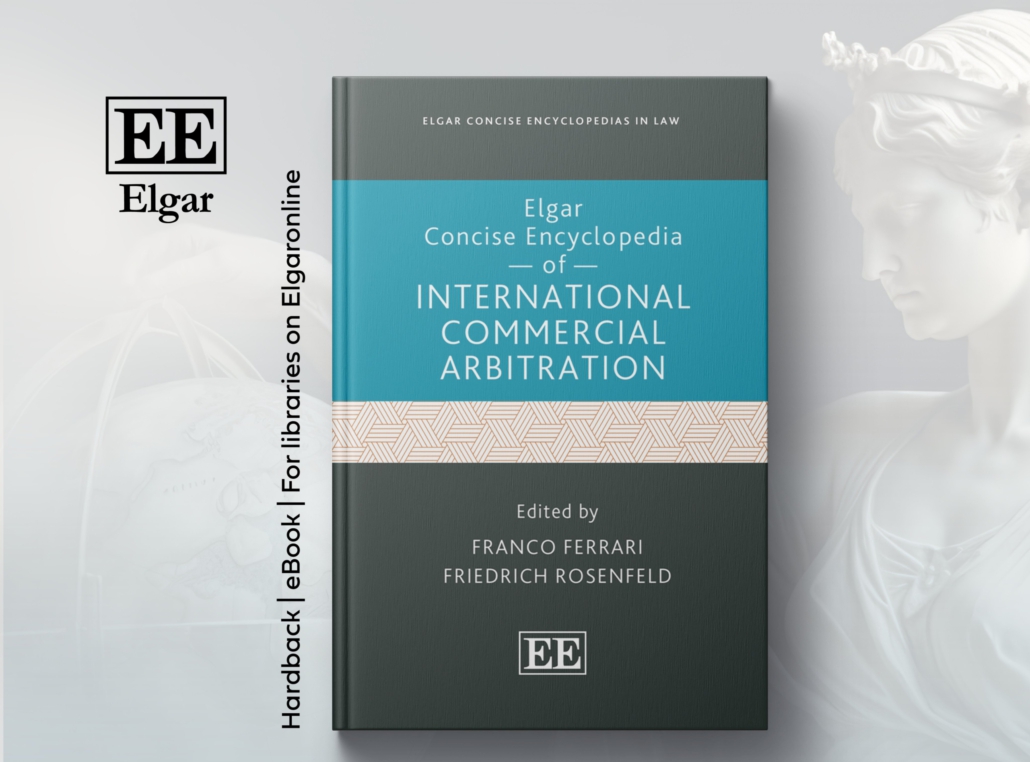Views
The Supreme People’s Court of the People’s Republic of China issued the Notice on Procedural Matters Related to Civil Cases Involving Foreign State Immunity
(This is written by Xiaoxuan Gu, a PhD student in School of Law, University of Macau)
The Foreign State Immunity Law of the People’s Republic of China (CFSIL) took effect on January 1, 2024.[i] To ensure its proper implementation and guide courts nationwide in lawfully and efficiently adjudicating civil cases involving foreign state immunity, the Supreme People’s Court (SPC) formulated supporting procedural rules. On March 26, 2025, the SPC issued the Notice on Procedural Matters Related to Civil Cases Involving Foreign State Immunity (hereinafter the “Notice”), which provides definitive guidance to courts at all levels in handling such novel foreign-related cases.
The Notice stipulates provisions on key procedural matters, including case acceptance criteria, centralized jurisdiction mechanisms, service of process rules, jurisdictional immunity review procedures, and protocols for obtaining evidentiary certifications from the Ministry of Foreign Affairs. Read more
Caught Between Legal Boundaries: Child Custody Disputes Across Japan and Bangladesh
I would like to express my sincere gratitude to MD Sanwar HOSSAIN, LLB (Hons) Wolverhampton University, MSS (Dhaka University), PgDiP (Northumbria University), Barrister at law (Hon’ble Society of Lincoln’s Inn), Advocate (Appellate Division) Supreme Court of Bangladesh and Managing Partner, S Hossain & Associates law office, for bringing the Bangladesh courts’ decisions to my attention.

I. Introduction
The breakdown of an international marriage often leads to complex cross-border disputes, especially when children are involved. Tensions can intensify if one parent decides to take the children to their home country, often without the consent of the other parent.
In such cases, when the countries involved are signatories to the HCCH 1980 Child Abduction Convention, the Convention’s mechanisms are designed to facilitate the prompt return of children to their country of habitual residence. This framework aims to prevent unilateral relocations that could have lasting impacts on the child’s stability. However, when one or both countries are not parties to the Convention, resolving such cases becomes significantly more challenging. In such cases, national courts are compelled to address competing custody claims, assess allegations of wrongful removal, and determine whether they have jurisdiction to hear the case, all while balancing, often quite differently, the best interests of the children involved.
The case presented here is just one of many unreported cases where a romance relationship turns sour, leading to lengthy and contentious legal battles across jurisdictions. This note will focus on the Bangladeshi court’s treatment of the case, as it offers useful insights into the court’s approach to handling such complex cross-border disputes.
Anti-Suit Injunctions and Dispute Resolution Clauses
By Adeline Chong, Singapore Management University
- Introduction
In two decisions decided within a fortnight of each other, the Singapore Court of Appeal considered anti-suit injunctions pursued to restrain proceedings allegedly brought in breach of arbitration agreements. The first case, Asiana Airlines, Inc v Gate Gourmet Korea Co, Ltd (‘Asiana Airlines’)[1] dealt with whether A could rely on an arbitration agreement between A and B to restrain B’s proceedings against C, a third party. The second case, COSCO Shipping Specialized Carriers Co, Ltd v PT OKI Pulp & Paper Mills (‘COSCO Shipping’)[2] considered whether an arbitration agreement covered a tortious claim. To put it in another way, Asiana Airlines mainly concerned the ‘party scope’ of an arbitration agreement while COSCO Shipping concerned the ‘subject matter’ scope of an arbitration agreement.[3] Where the anti-suit application is to restrain foreign proceedings brought in breach of an arbitration or choice of court agreement, ordinarily it would be granted unless ‘strong cause’ is shown by the respondent.[4] This provides an easier path for the anti-suit claimant compared to the alternative requirement of establishing that the foreign proceedings are vexatious or oppressive in nature. Read more
News
Extended Deadline – Call for Papers: “Tariffs: Emerging challenges in global trade” by the Journal of Law, Market & Innovation (JMLI)
We have recently shared the call for papers by the Journal of Law, Market & Innovation (JLMI) for its first issue of 2026. The deadline has now been moved to 20 July 2025.
For further information, we are again referring to the editors who can be reached at editors.jlmi@iuse.it.
Call for Papers: Special Issue of the Akdeniz University Faculty of Law Journal in Honor of Peter Hay
Necla Ozturk (Editor of the Akdeniz University Faculty of Law Journal) has kindly shared the following call for papers with us:
On the occasion of the 90th birthday of distinguished legal scholar Professor Dr. Peter Hay, Akdeniz University Faculty of Law Journal is preparing a special issue to be published in 2025, dedicated to his outstanding contributions to Private International Law and Comparative Law.
Throughout his illustrious academic career, Professor Hay has profoundly influenced the field through his pioneering work on the relationships between American, German, and European Private Law systems. His publications, teaching, and international engagements have left a lasting mark on the legal world.
We would be honored to receive a contribution from you for this commemorative issue. We especially welcome articles that address topics aligned with Professor Hay’s areas of expertise or offer critical reflections inspired by his scholarly legacy.
Suggested Topics Include:
• Private International Law
• Comparative Law
• Convergence/Divergence of Legal Systems
• American And European Private Law
• Critical Assessments of Professor Hay’s WorkSubmission Deadline: November 15, 2025
Languages Accepted: Turkish, English, German, French.
Submission Guidelines: https://dergipark.org.tr/en/pub/akdhfd/writing-rulesPlease submit your article via https://dergipark.org.tr/en/pub/akdhfd or hukukdergi@akdeniz.edu.tr by the deadline indicated above.
We look forward to your valuable contribution to this special issue that pays tribute to Professor Peter Hay’s scholarly achievements and influence.
Out Now: Elgar Concise Encyclopedia of International Commercial Arbitration
Despite all recent efforts from the HCCH 2019 Judgments Convention to the founding of International Commercial Courts (ICC) promoting the attractiveness of court litigation, the most favoured method for resolving international disputes in civil and commercial matters, without a single doubt, remains arbitration. According to the 2025 QMUL International Arbitration Survey an overwhelming majority of respondents (87%) would choose international arbitration either as a standalone mechanism (39%) or in combination with other mechanisms of alternative dispute resolution (48%). Read more



